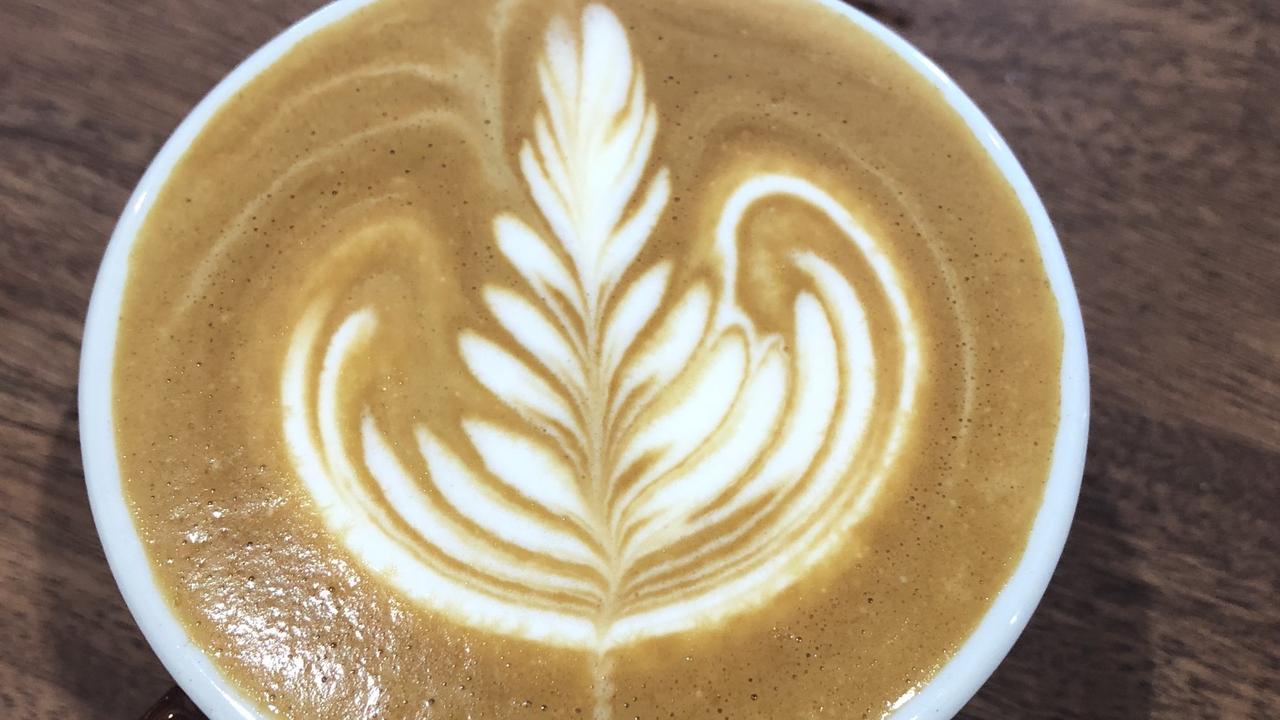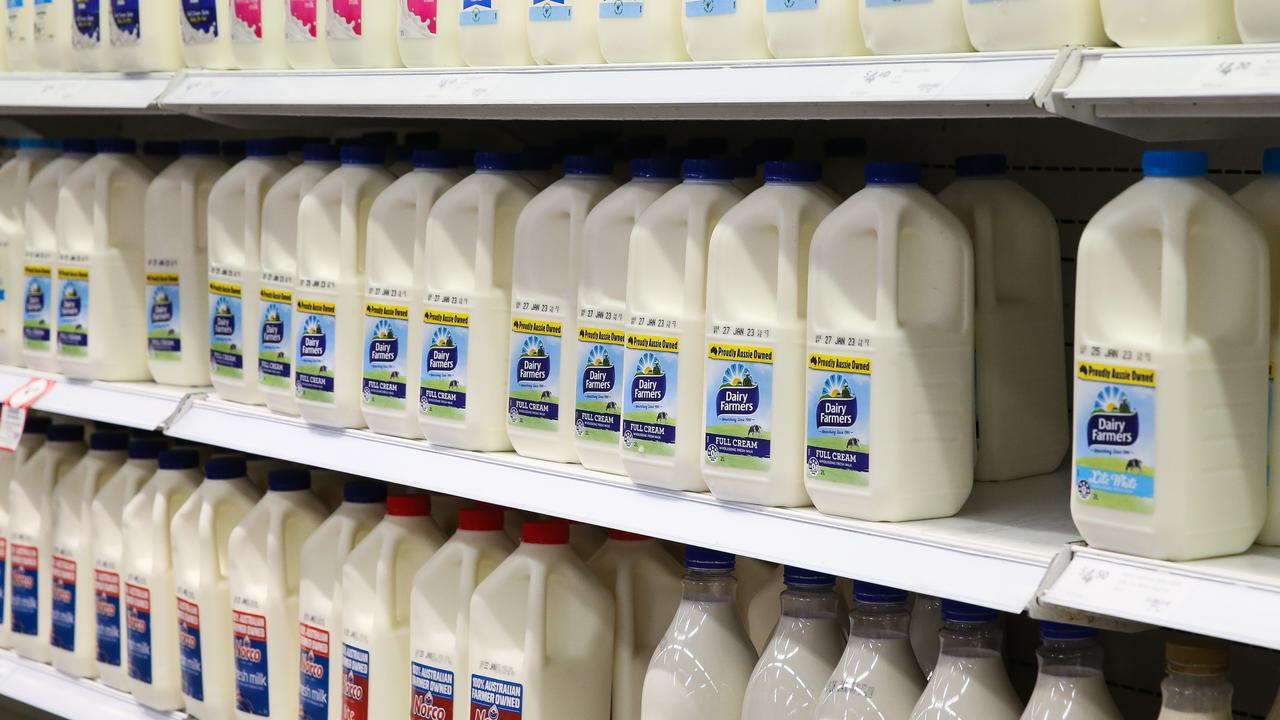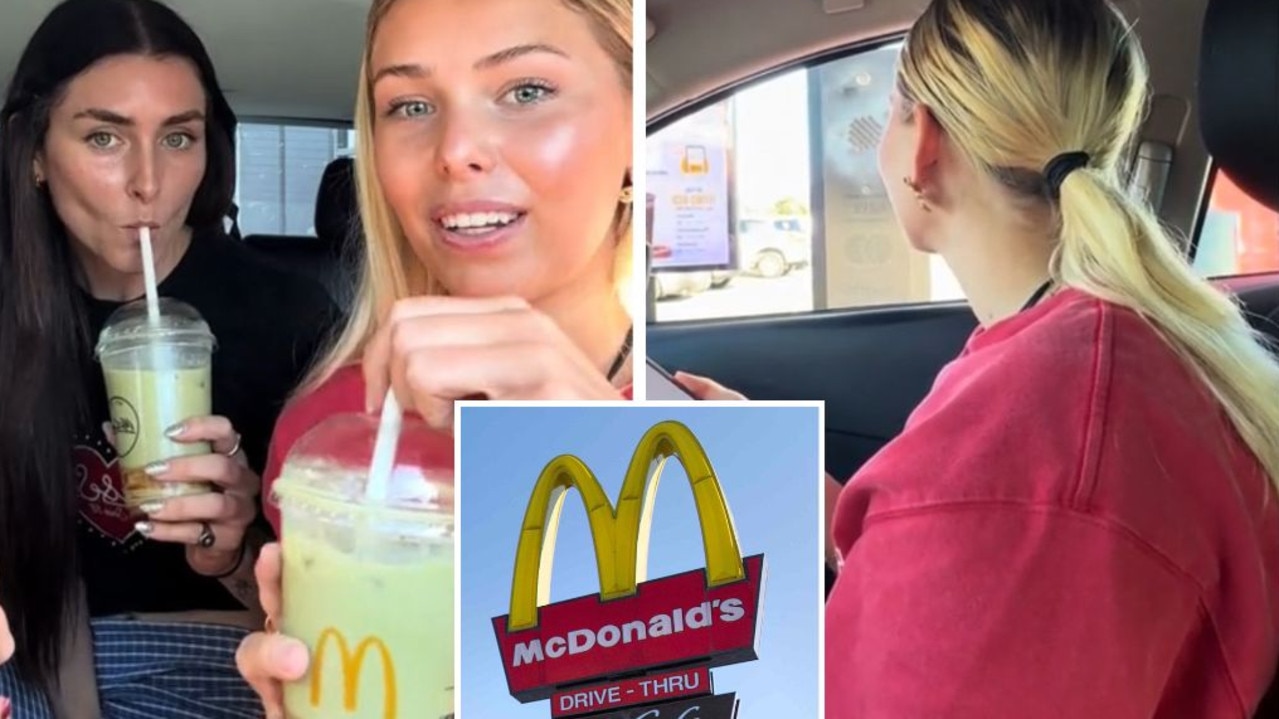Scott Morrison’s denies suggesting cheaper beer in lead-up to budget
Scott Morrison has denied offering false hope to Aussie beer drinkers ahead of the federal budget.
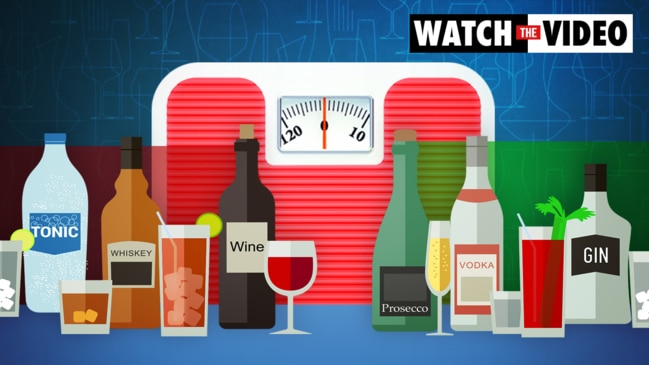
Aussies hoping for cheaper schooners can dream on after a controversial proposal to lower beer taxes was left out of the budget.
The idea to halve the excise on draught beer was suggested to News Corp reporters in mid-February as a way to help pubs recover from the coronavirus pandemic.
But when the budget was handed down on Tuesday night, the tax cut was nowhere to be found.
The Prime Minister’s and Treasurer’s offices both denied on Wednesday they were behind the pre-budget speculation about cutting the tax.
The suggestion was savaged by critics, including the hard-alcohol lobby group Spirits and Cocktails, who said it was a “sexist” play for male votes because men tended to drink more beer than women.
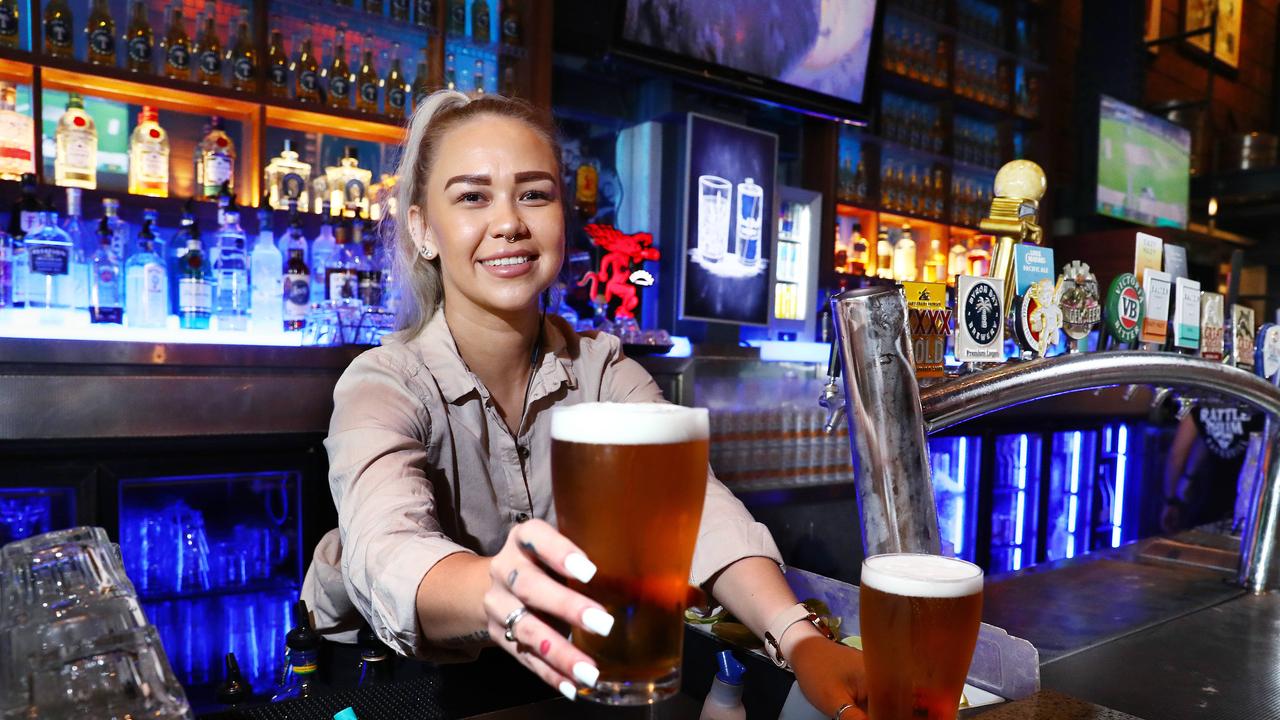
The closest thing in Tuesday’s budget was a targeted exemption from excise licensing requirements for pouring growlers, which are large takeaway jugs for draught beer.
The Foundation for Alcohol Research and Education applauded the government for keeping the rest of the beer taxes as they were.
“The rumoured tax cuts were labelled as a gimmick by Australia’s top economists … and viewed by many Australians as a waste of taxpayer money,” the foundation said in a statement.
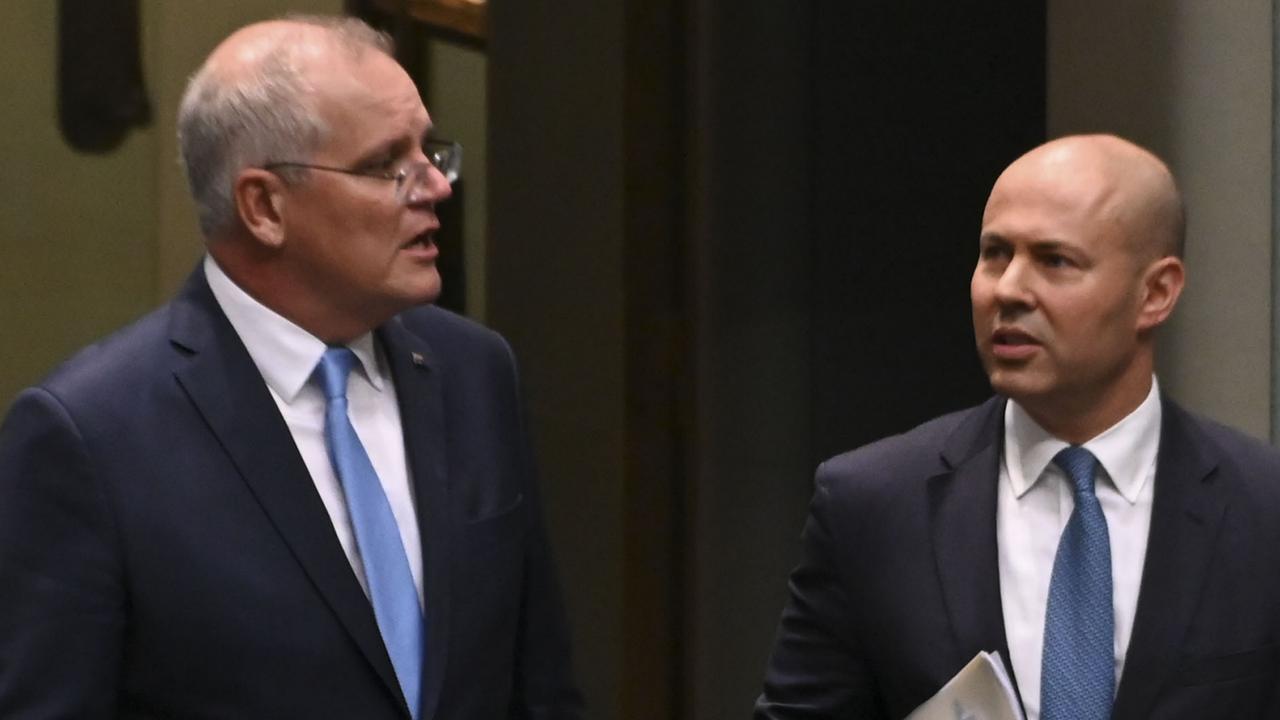
“FARE strongly opposes any moves to reduce taxes for alcohol companies and will continue to advocate for decision-makers to put the health and wellbeing of Australians first.”
The beer lobby was less pleased.
“We’re extremely disappointed that the federal government has not cut draught beer tax in the budget,” Brewers Association of Australia chief executive John Preston said.
He claimed Australian beer drinkers would pay the third-highest taxes in the world next year.
“This is not sustainable for pubs and clubs. It’s also not fair for everyone who enjoys the great Australian pastime of a having a beer with their friends at their local.”
The pandemic has slammed the hospitality industry with a combination of lockdowns, labour shortages and supply chain issues.
But booze producers have had no problems selling their products to consumers at home, raking in $15.6bn in retail sales in 2020, a 26.7 per cent increase on 2019, according to a Roy Morgan analysis from last year.
World Health Organisation research has shown raising the cost of alcohol tends to reduce demand and levels of alcohol-related problems in society.
Read related topics:Scott Morrison

